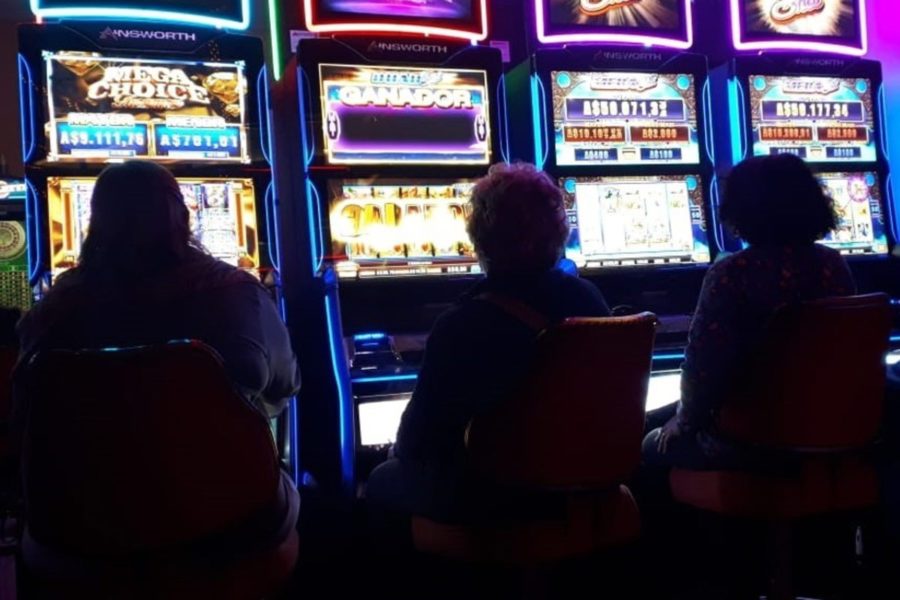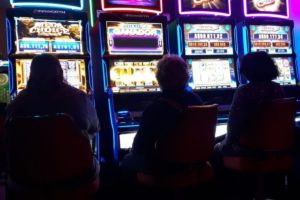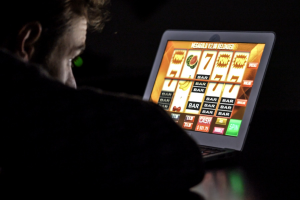NZ Gaming Machine Association criticises levy increase

Authorities plan to increase the Problem Gambling budget from NZ$60.3m to NZ$76.1m (US$50.8m) over the next three years.
New Zealand.- The New Zealand Gaming Machines Association has criticised plans to increase the problem gambling levy. It’s called for evidence to show that the tax is reducing problem gambling rates.
Director Peter Thrush said the problem gambling rate had remained unchanged for 15 years at 0.2 per cent of adults. However, Andree Froude of the Problem Gambling Foundation said the 0.2 per cent comprised only the most at risk gamblers in the country and that the number of people who struggle with gambling was much higher but hard to quantify.
The Department of Health has proposed raising the budget for problem gambling to NZ$76.1m (US$50.8m) over the next three years. The budget was previously at NZ$60.34m. Authorities said the increase would be a strategic and culturally appropriate programme of de-stigmatisation targeting Māori, Pacific Islander and Asian communities.
Currently, gambling machines pay 1.3 per cent of profits to the levy while Lotto, considered the least addictive form of gambling, pays 0.4 per cent. Thrush said the proposed changes could result in an additional NZ$8m being taxed from machines.
He said authorities should focus funding on the installation of facial recognition technology in bars and other establishments to identify problem gamblers and those who have asked to self-exclude. This is estimated to require NZ$6m.
Andree Froude said public health measures are needed to reduce the harms of gambling, inclusing focusing on moderate addicts.
She said: “It is important we make people aware that if they spend a lot of time in front of a pokie machine, or get into that zone, they could be facing harm. Stigma is a tricky issue, which is why we are focusing on breaking those barriers to help in this new strategy.”








